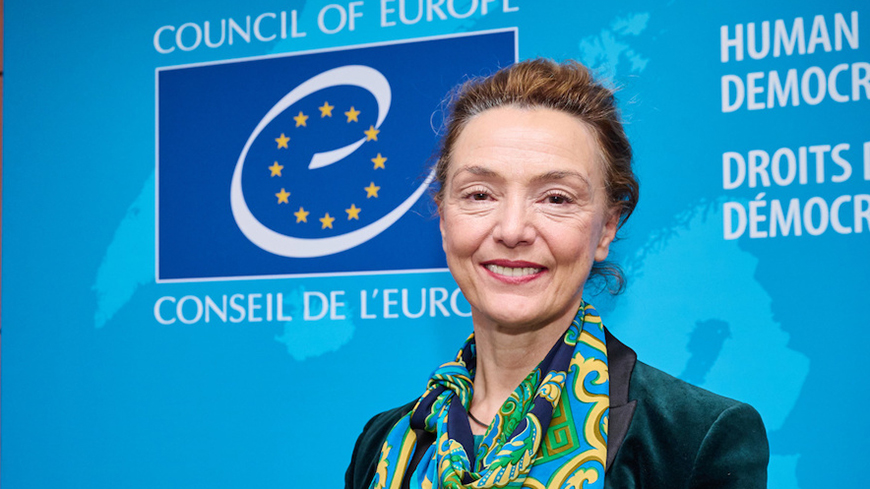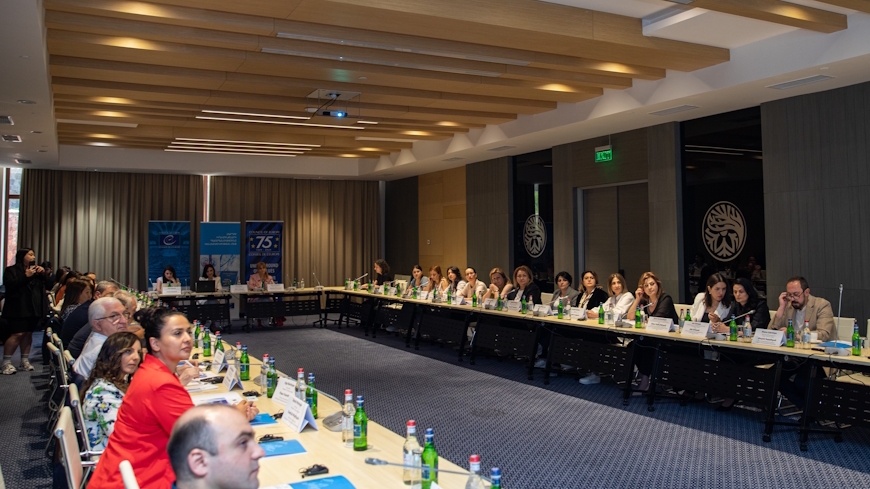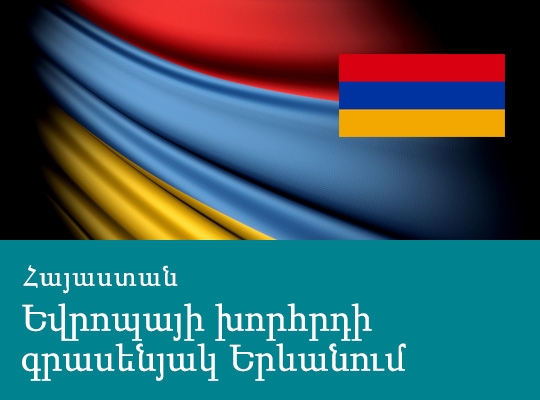«Մեր իրավունքները չեն տարածվում միայն մեկ պահի կամ կոնկրետ իրավիճակի վրա։ Հակառակը՝ մեր իրավունքները մշակվել են տասնամյակների ընթացքում և ցանկացած իրավիճակում օգտագործելու նպատակով», - հայտարարել է գլխավոր քարտուղար Մարիա Պեյչինովիչ Բուրիչը Եվրոպայում ժողովրդավարության, մարդու իրավունքների և իրավունքի գերակայության վերաբերյալ 2024 թվականի` այսօր հրապարակված «Մեր իրավունքները, մեր ապագան» զեկույցի ներկայացման ժամանակ (ներածության մեջ)։
«Մեր իրավունքները վերջնակետ կամ նպատակակետ չեն, այլ մեր կյանքի բարոյական կողմնացույցն են: Ռեյկյավիկի հռչակագիրը կարևոր իրադարձություն էր մեր մայրցամաքի համար խորը մտահոգության՝ մարտահրավերների պահին, բայց մենք գտել ենք մեր ուղղությունը: Այժմ մենք շարունակում ենք այդ ուղղին», - ընդգծել է Մարիա Պեյչինովիչ Բուրիչը:
Տարեկան զեկույցը կենտրոնանում է կազմակերպության կողմից 2023 թվականի մայիսին Իսլանդիայում կայացած Պետությունների և կառավարությունների ղեկավարների 4-րդ գագաթնաժողովի արդյունքների վրա: «Ռեյկյավիկի հռչակագրում» եվրոպացի առաջնորդներն իրենց հանձնառությունն են հայտնել մայրցամաքի շատ մասերում ժողովրդավարության հետընթացին լուծումներ գտնելու համար:
Գագաթնաժողովի հիմնական առաջնահերթությունն էր Ուկրաինային անսասան աջակցություն ազդարարելը և Ռուսաստանի Դաշնությանը պատասխանատվության հրավիրելը շարունակվող ագրեսիվ պատերազմի համար:
Զեկույցն ընդգծում է վնասների ռեգիստրի ստեղծման և ներդրման գործում ձեռք բերված առաջընթացը, որն այժմ ներառում է 43 պետություն, այդ թվում նաև Եվրոպական միությունը՝ անձնակազմով և գրասենյակներով Հաագայում և Կիևում:
Մեկ այլ առաջնահերթություն անդամ պետությունների կողմից Մարդու իրավունքների եվրոպական դատարանի վերջնական վճիռների լիարժեք կատարման անհրաժեշտությունն էր: Այս ոլորտում նույնպես առաջընթաց է գրանցվել։
Վերջապես, Ռեյկյավիկում քննարկվեցին նաև ապագա մարտահրավերները՝ մեծ ուշադրություն դարձնելով Արհեստական բանականության, մարդու իրավունքների, ժողովրդավարության և իրավունքի գերակայության մասին շրջանակային կոնվենցիայի նախագծին, ինչպես նաև շրջակա միջավայրի և մարդու իրավունքների և միգրանտների մաքսանենգության դեմ պայքարի ընդլայնված աշխատանքներին:
«Նշելով Եվրոպայի խորհրդի 75-ամյակը, մենք պետք է վստահ լինենք մեր գործողությունների և կարողությունների վրա՝ դիմակայելու առկա մարտահրավերներին՝ օգտվելով բազմակողմանիության ընձեռած հնարավորություններից: Մենք նախկինում բախվել ենք սարսափելի հանգամանքների, և հաղթահարել ենք դրանք։ Մենք կարող ենք դա նորից անել», - գրել է գլխավոր քարտուղարը։








